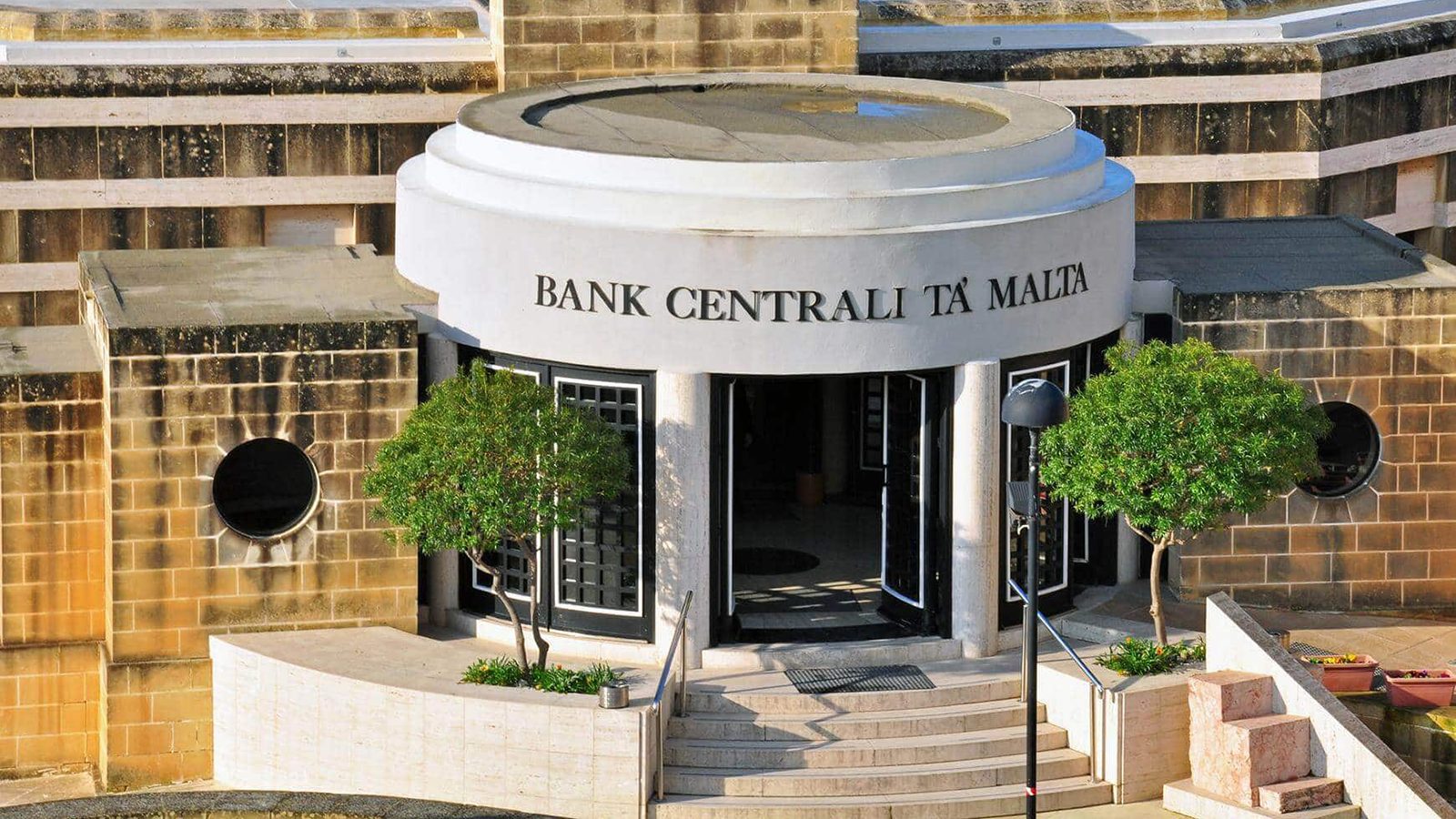Economic Trends in Malta

In the recent economic update released by the Central Bank, Malta experienced a decline in economic sentiment last month. This decline is a noteworthy development as the Economic Sentiment Indicator dropped from 102.8 in October to 96.4 in November, marking a deviation from the upward trend witnessed earlier in the year. This article delves into the key factors contributing to this shift, explores sector-specific nuances, and assesses the broader economic landscape in Malta.
Economic Sentiment Indicator Overview
The Economic Sentiment Indicator, utilized by the European Commission, serves as a comprehensive index to gauge confidence levels across various economic sectors. These sectors encompass industry, services, construction, retail, and consumer perspectives. Despite Malta’s recent dip, the country maintains a higher score than the Eurozone average of 93.8. Understanding the nuances behind this indicator is crucial to unraveling Malta’s economic landscape.
Sectoral Analysis
Services and Retail Sector: A Slump in Confidence
The decline in Malta’s Economic Sentiment Indicator is primarily attributed to shrinking confidence in the services and retail sectors. Both sectors recorded significantly lower scores compared to previous months. Understanding the intricacies of these declines is essential for predicting future economic trajectories.
Construction Sector: A Positive Turn
Contrary to the general trend, the construction sector and consumer confidence witnessed an uptick. For the first time since June, the construction sector did not register a negative score, marking a shift from -11.9 in November to a positive 2.8 a month later. However, it’s crucial to note that these scores are lower than those recorded in 2021 and 2022.
Real Estate Insights
Examining real estate permits offers additional insights into economic dynamics. Residential property permits increased by over 140 in October compared to the previous month, but still remained lower than the same period last year. On the other hand, commercial permits exhibited a slight increase from the previous year. These trends in real estate play a pivotal role in understanding the economic sentiment in Malta.
Consumer Confidence: A Prolonged Downturn
Consumer confidence scores have consistently trended negatively over the past year. This suggests that consumers in Malta have maintained a relatively pessimistic outlook on their financial situations, with minimal expectations of substantial improvements in the coming year. Unraveling the factors behind this prolonged downturn is crucial for policymakers and businesses alike.
Economic Uncertainty: A Decreasing Trend
On a positive note, the economic update indicates a decrease in uncertainty across various economic sectors. The Maltese Economic Uncertainty Indicator score decreased from 26.9 in October to 24.1 a month later. While uncertainty diminished across most sectors, the construction sector stood out with the most robust score. This reduction in uncertainty bodes well for Maltese businesses, providing them with a clearer outlook for their future financial situations.
Inflation Dynamics
The economic update also brings reassuring news concerning inflation. Inflation has continued to decline, falling under 4% for the first time this year. However, it’s essential to note that this positive trend isn’t uniform across all sectors. Food inflation, for instance, increased to 7.5% in November, presenting a nuanced picture of Malta’s inflationary landscape.
Frequently Asked Questions (FAQ)
What is the Economic Sentiment Indicator?
The Economic Sentiment Indicator is an index used by the European Commission to measure confidence across various economic sectors, including industry, services, construction, retail, and consumers.
Why did Malta experience a decline in economic sentiment?
The decline in economic sentiment in Malta is primarily attributed to shrinking confidence in the services and retail sectors, which recorded significantly lower scores than in previous months.
Which sector showed a positive turn in the recent economic update?
The construction sector in Malta witnessed a positive turn, registering a positive score for the first time since June.
How did real estate permits contribute to the economic analysis?
Real estate permits, especially in the residential and commercial sectors, provide insights into the dynamics of the real estate market, influencing overall economic sentiment.
Why has consumer confidence remained negative for the past year?
Consumer confidence scores in Malta have trended negatively over the past year, indicating a prolonged downturn. Understanding the factors behind this pessimism is crucial for policymakers.
What is the significance of the decrease in economic uncertainty?
The decrease in economic uncertainty, as indicated by the Economic Uncertainty Indicator, suggests that Maltese businesses are now better positioned to predict their future financial situations.
How has inflation evolved in Malta?
Inflation in Malta has continued to decline, falling under 4% for the first time in the year. However, certain sectors, such as food, have experienced an increase in inflation.
What role do real estate permits play in understanding economic trends?
Real estate permits offer insights into the growth and development of the real estate sector, serving as a crucial indicator for broader economic trends.
Why is the construction sector’s performance significant?
The positive performance of the construction sector is significant as it marks a departure from the negative trend observed in previous months, contributing to the overall economic sentiment.
How does the economic update impact businesses in Malta?
The economic update provides businesses in Malta with valuable insights into sector-specific trends, helping them make informed decisions and plan for the future.
Recommended Posts

Financial Aspects of Doing Business in Malta
July 26, 2024

Casino999.dk & Delasport Enhance Sports Betting
July 26, 2024




